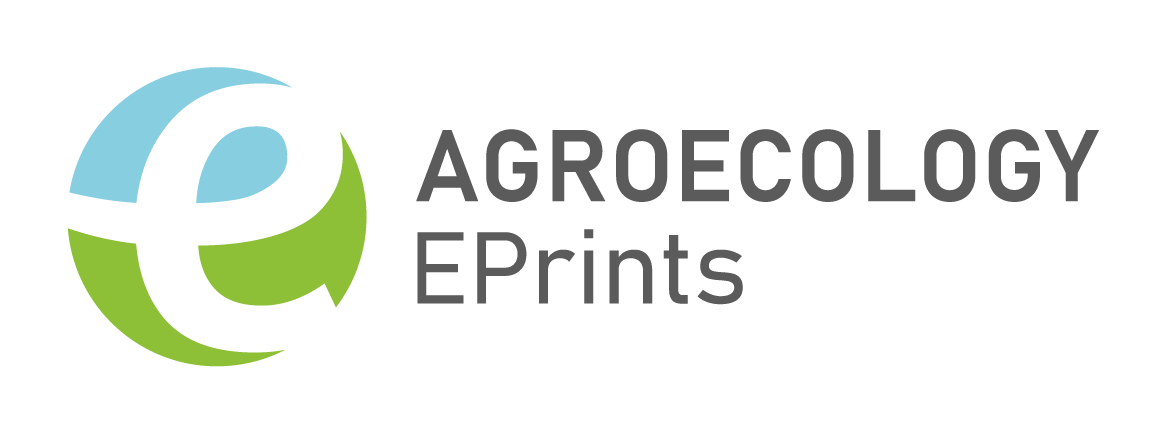Ajena, Franceso; Bossard, Nicola; Clément, Chantal; Hibeck, Angelika; Tiselli, Eugenio and Oehen, Bernadette (2022) Agroecology & Digitalisation: traps and opportunities to transform the food system. Working paper , IFOAM Organics Europe .
Download (195B)
Summary
The EU Farm to Fork strategy acknowledges that “food systems cannot be resilient to crises such as the COVID-19 pandemic
if they are not sustainable”, and that “we need to redesign our food systems which today account for nearly one-third of global GHG emissions, consume large amounts of natural resources, result in biodiversity loss and negative health impacts (due to both under- and over-nutrition) and do not allow fair economic returns and livelihoods for all actors, in particular for primary producers.”
To achieve this transition to sustainable food systems, the Farm to Fork strategy highlights a range of solutions. It calls for a reduction in synthetic pesticides and fertiliser use, and in the use of antimicrobials; it also calls for an increased share of land under organic farming, and for mainstreaming precision farming and the use of artificial intelligence.
The crisis we face, due to the impacts of climate change, the collapse of biodiversity and ecosystems, pandemics or wars, renders even more urgent a transition to agroecological food systems which are more resilient and less dependent on external inputs. The organic movement believes that, more than ever, the Green Deal and the Farm to Fork strategy remain the right policy direction to transform our food system.
This is why digitalisation should not be conceived only as a technological fix to the current input-intensive agriculture model, aimed at alleviating marginally some of its destructive impacts while increasing corporate control and further disempowering farmers. Issues of control and ownership of data are by now well-identified in the public discussion, and digitalisation and agroecology sometimes appear in the debate as two dominating and conflicting narratives on what the future of agriculture should be. But we need to go further and collectively find ways to ensure that processes of digitalisation actually contribute to this transformation of the food system, along with the principles of organic farming and agroecology.
Indeed, agroecology is a way to express the four principles of organic farming (health, fairness, ecology and care). Organic agriculture and agroecology have common principles and drivers, and the organic movement sees itself as an integral part of the movement and science for agroecology. In the European context, agroecological practices are mostly applied on the ground by organic farmers.
| Item Type: | Working paper |
|---|---|
| Agrovoc keywords: | Value URI UNSPECIFIED agroecology http://aims.fao.org/aos/agrovoc/c_92381 UNSPECIFIED food systems http://aims.fao.org/aos/agrovoc/c_bea5db85 UNSPECIFIED processing http://aims.fao.org/aos/agrovoc/c_6195 |
| Keywords: | organic Agriculture, Agroecology, Digitalisation, Food System, Transformation, Risks and Opportunities, Abacus, FiBL55902, FiBL16005 |
| Subjects: | Themes > Farming systems > Organic agriculture Themes > Farming systems Themes > Food systems > Policy environment and regulations |
| Affiliations: | Switzerland > FiBL – Research Institute of Organic Agriculture International Organizations > IFOAM Organics Europe |
| Depositing User: | AEprints Admin |
| Date Deposited: | 29 Mar 2023 09:16 |
| Last Modified: | 09 Oct 2025 13:28 |
| URI: | https://aeprints.org/id/eprint/153 |


 Download Statistics
Download Statistics Download Statistics
Download Statistics